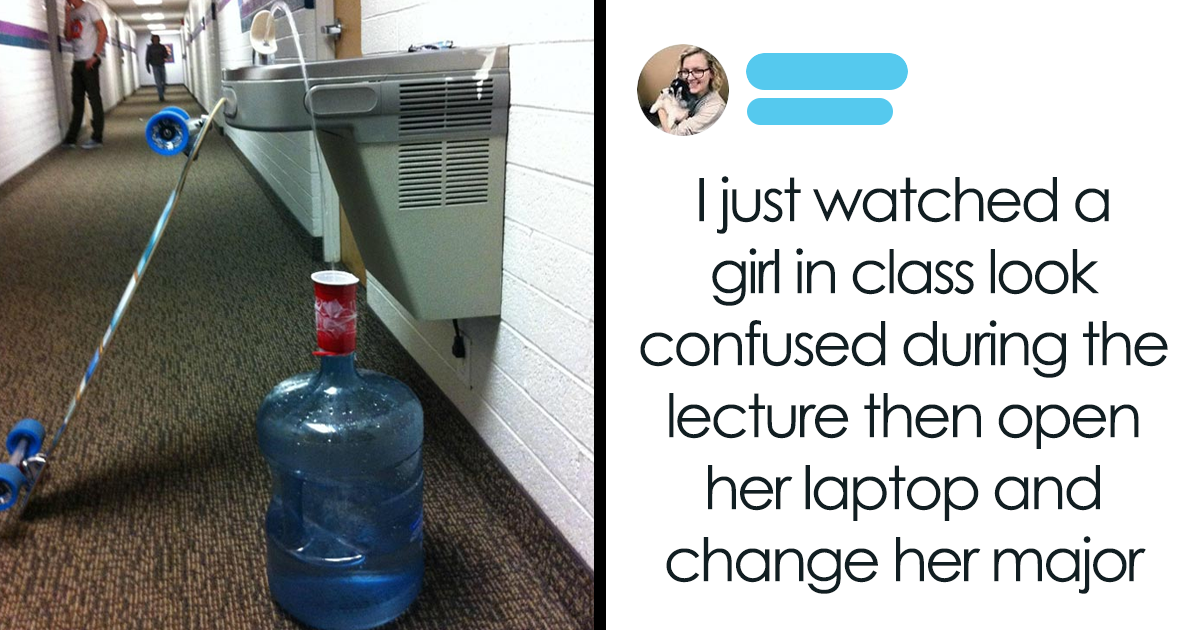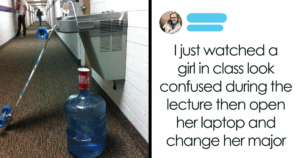“Unlocking Curiosity: 43 Mind-Blowing Facts Simplified for Young Minds!”
Have you ever wondered if we could convince cancer cells to play nice instead of trying to blast them into oblivion? Well, researchers at KAIST, under the guidance of Professor Kwang-Hyun Cho, are breaking new ground in colon cancer treatment with an innovative twist: rather than an all-out war on cancer cells, they’re opting for a strategy that reprograms these rogue cells into a more civilized, normal-like state. Sounds almost like a sci-fi movie plot, right? Traditional treatments often end up causing more harm than good, leading to stubborn resistance and pesky side effects due to collateral damage to healthy cells. But this revolutionary approach is suggesting we might just have a way to tackle cancer that spares the bystanders, and honestly, that’s something we definitely want to hear more about! This fascinating study not only sheds light on the potential for “reversible cancer therapy,” but it also hints at broader applications for other cancer types. Curious for more details? Check it out! LEARN MORE.

The research team focused on the concept that during cancer development, normal cells regress along their differentiation pathway. To better understand this process, they developed a digital twin model of the gene network that controls normal cell differentiation. Through simulation analysis, they identified key molecular switches capable of pushing cancer cells back into a normal-like state. When applied to colon cancer cells, these switches successfully reversed their malignant characteristics, a breakthrough confirmed through molecular experiments and animal studies.
This study highlights the potential for “reversible cancer therapy,” a novel concept where cancer cells can be reprogrammed rather than eradicated. Unlike conventional treatments that rely on trial-and-error drug discoveries, this approach systematically identifies key targets using computational models. The findings suggest that similar techniques could be applied to other types of cancer, opening new avenues for safer and more effective treatments.
The study, co-authored by Jeong-Ryeol Gong, Chun-Kyung Lee, Hoon-Min Kim, Juhee Kim, and Jaeog Jeon, was published in Advanced Science on December 11.
Source – KAIST (Korea Advanced Institute of Science and Technology)



















